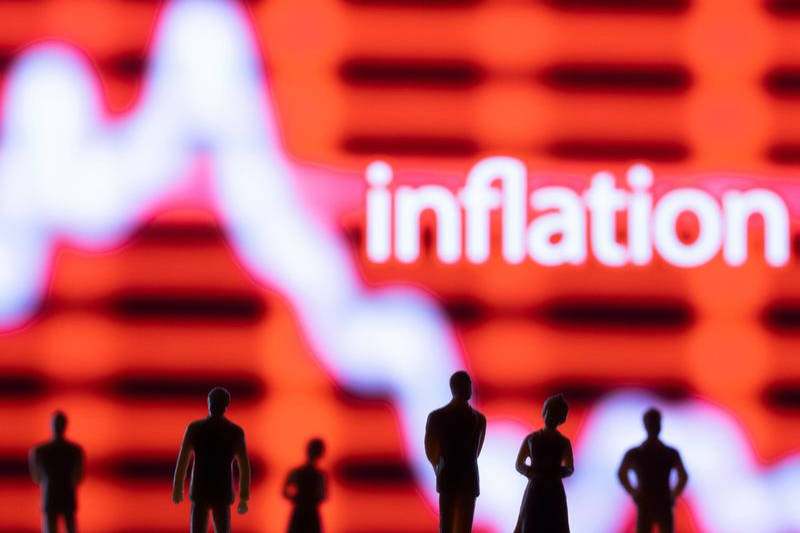
U.K. inflation cooled by more than expected in March, providing some room for the Bank of England to cut interest rates once more next month.
Annual consumer price inflation rose 2.6% in March, below the 2.8% seen the prior month, but still above the U.K. central bank’s 2.0% medium-term target.
The monthly rate rose 0.3%, below the 0.4% seen in February.
Analysts had expected the CPI to rise 2.7% on an annual basis, and 0.4% on the month.
Core CPI, which excludes volatile energy and food prices, rose 0.5% on a monthly basis, with the annual rate at 3.4%, down from 3.5% in the prior month.
The slowing in British inflation raises the likelihood that Bank of England policy makers agree to cut interest rates by 25 basis points to 4.25% at its May 8 policy meeting.
At its March monetary policy meeting, the U.K. central bank held interest rates at 4.5%, with the voting pattern showing 8-1 in favor of holding rates, while one member voted to cut.
However, the bank said in its policy statement then that “global trade policy uncertainty has intensified” in recent weeks, citing U.S. tariffs and other countries’ responses.
Bank of England Deputy Governor Sarah Breeden noted last week that the impact on U.K. inflation from U.S. President Donald Trump’s trade tariffs – and the implications for interest rates – remained unclear even if Washington’s new policies were likely to lower growth.
“Overall, tariffs are likely to lower UK growth,” Breeden said at a conference on Thursday.
“Expenditure switching by U.S. consumers away from U.K. goods, combined with weaker global demand due to potential counter tariffs and supply chain disruptions would be expected to weigh on UK activity,” she said.
Breeden said there had been a significant global shift since the Monetary Policy Committee’s last meeting in March, and the latest developments had a material impact on the economic outlook and risks.